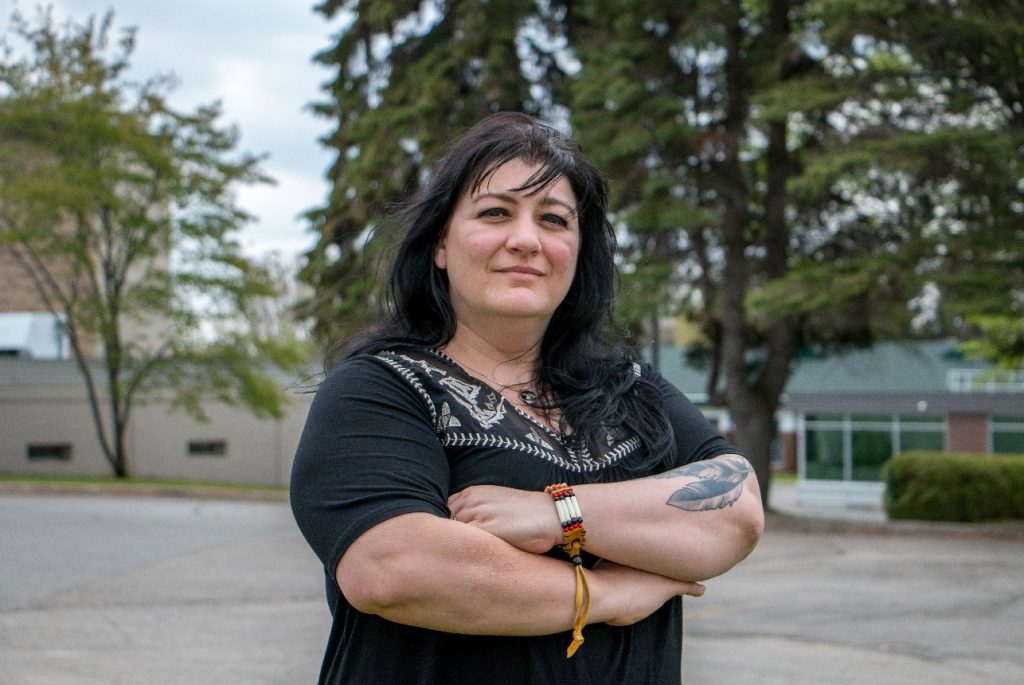
When she was a child, Isabel Desgagné-Penix, professor in the Department of Chemistry, Biochemistry and Physics at the University of Québec at Trois-Rivières (UQTR) in Canada, saw women in her community pick up small fruits and plants to concoct herbal remedies. Since, she has always been interested in the way plants make medicines. She holds a Ph.D. in Cell and Molecular Biology from the University of Texas – San Antonio and has become a world pioneer in the use of advanced technologies for specialized plant metabolism research. Today, she directs the plant specialized metabolism research laboratory at the head of a research team made up of more than twenty people (students, postdocs, professionals). Her expertise on plant biochemistry specifically on medicinal plants is recognized worldwide. Strongly involved in the promotion of women and indigenous people in science, Isabel Desgagné-Penix contributes, through her work in plant biochemistry, to design and build new biological systems for purposes useful to humanity.
Professor Desgagné-Penix’s research focuses on plant biochemistry and biotechnology. Specifically on the study and elucidation of plant specialized biosynthetic pathway leading to the synthesis of valuable phytomolecules such as alkaloids, terpenoids, cannabinoids, etc. She uses the power of metabolic engineering in microalgae to validate and reconstruct plant specialized metabolic pathway for the production of high-valued molecules. D.-Penix has an ambitious research program in plant biochemistry and specialized metabolism that also extends fondamental discovery to applications in industry. She has assembled a research group that currently consists of 5 M.Sc., 6 Ph.D., 5 PDF and 4 trainees are actively involved in her international connections. D.-Penix is expanding her collaborations at the international level, with researchers in USA, Tunesia, Senegal, Gabon and Iran. A clever and resourceful scientist, she has secured several competitive research grants (NSERC, FRQNT, Mitacs) in a variety of contexts: fundamental research, university-college collaborative funds and private sector (Engage, CRD). This success has allowed her to apply her research expertise to practical industrial issues such as the valorization of plant residues to extract valuable metabolites to be used for the production of new green co-products, important advancements for Canada in the promotion and creation of greener technologies. More recently, she exploited innovative research methods such as the genetic engineering of microalgae to understand plant metabolic pathways and to produce valuable metabolites of particular interest. This growing and developping expertise is now benefiting other areas of the applied research and collaboration with universities (e.g., Western U.) and industries (e.g., SabrTech Inc.).
